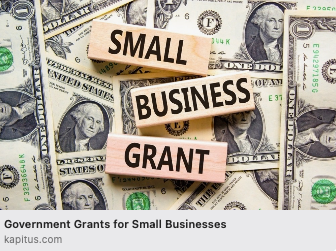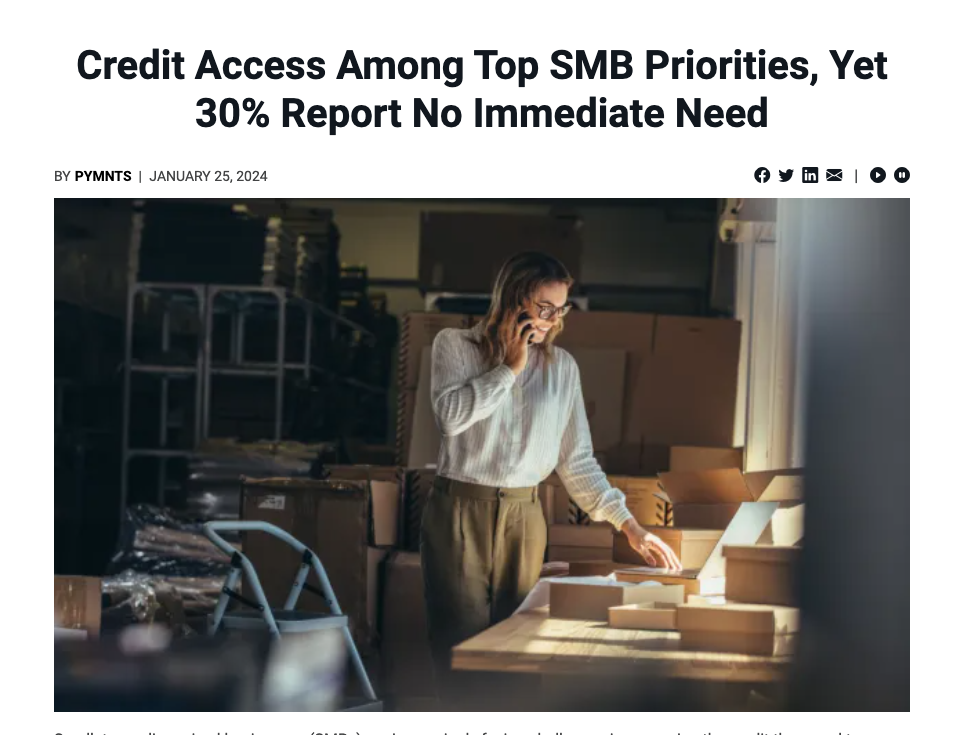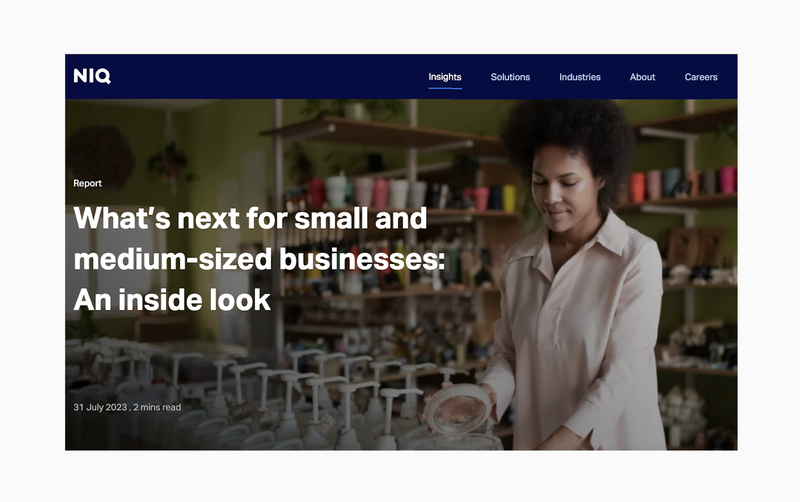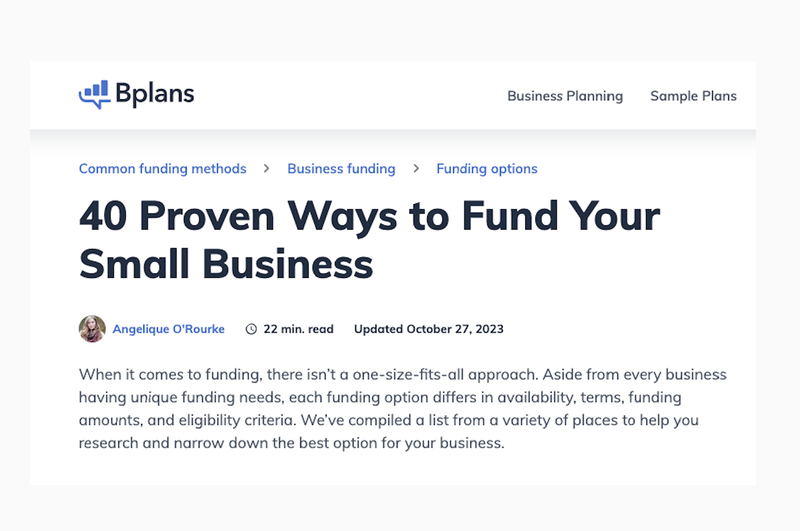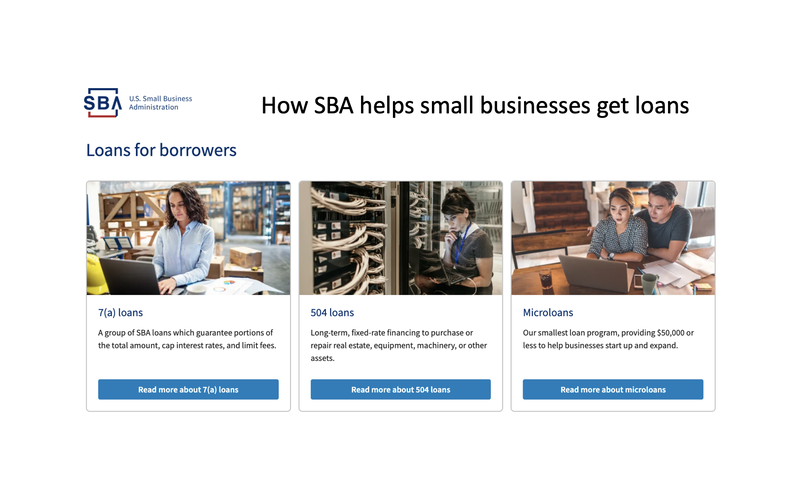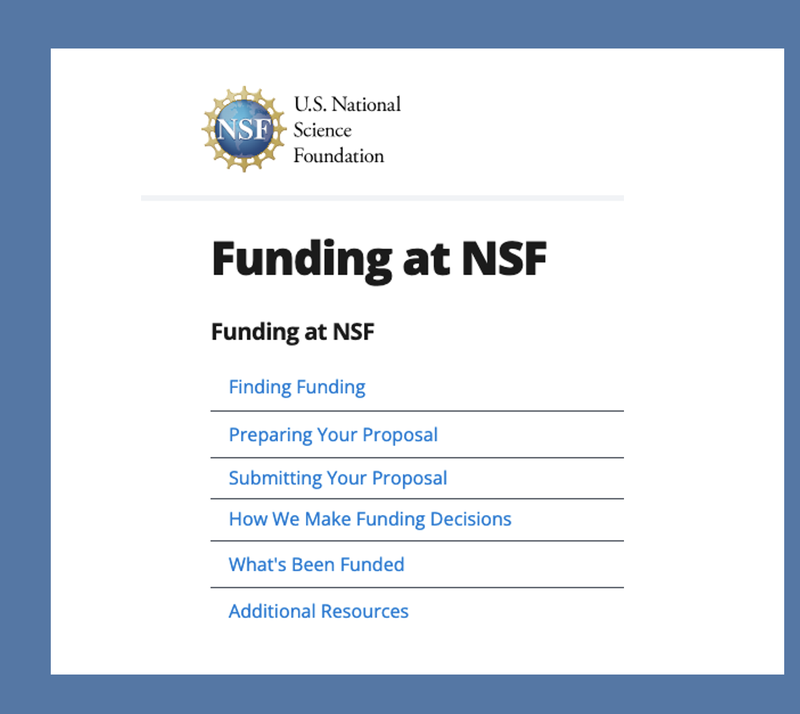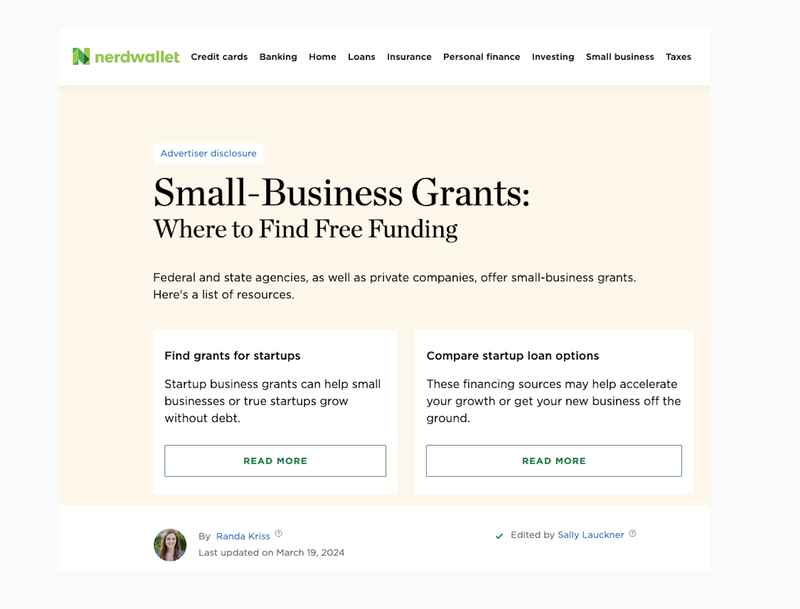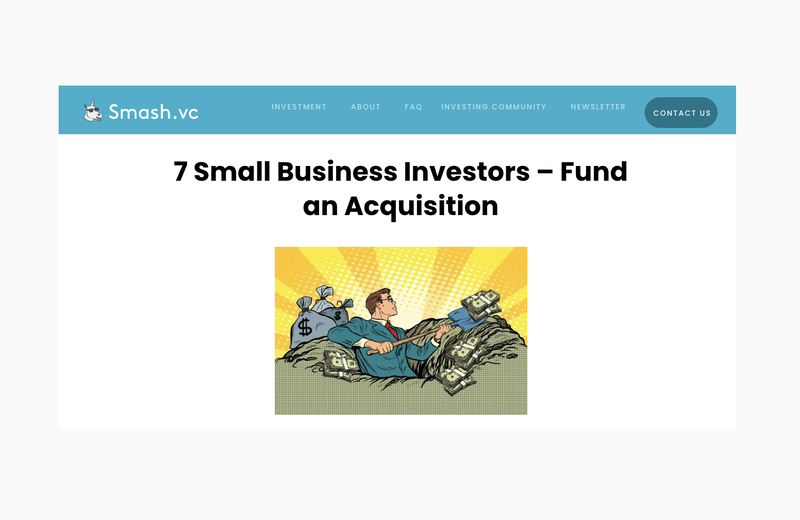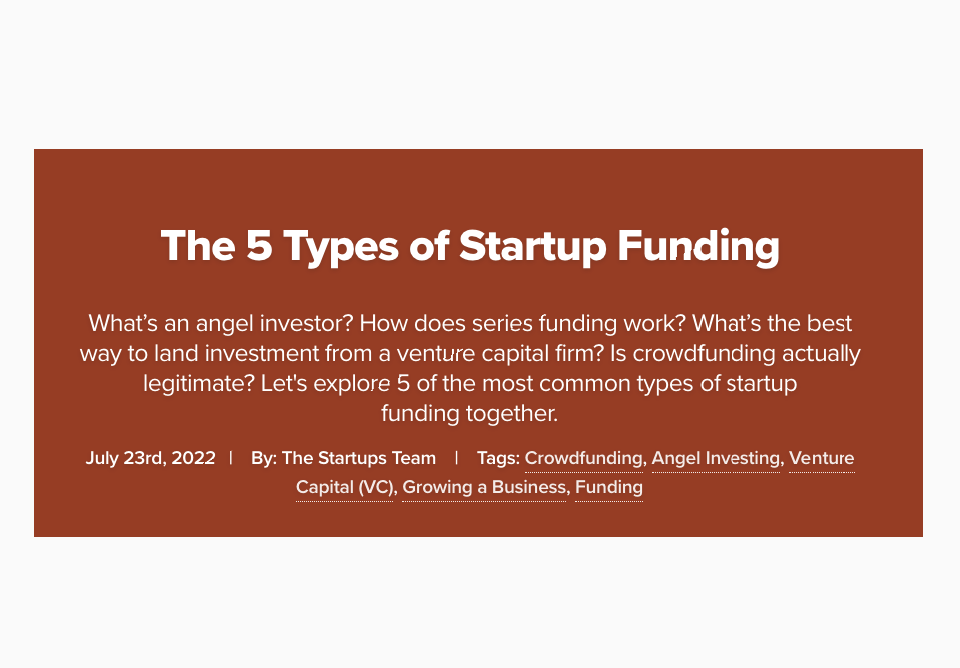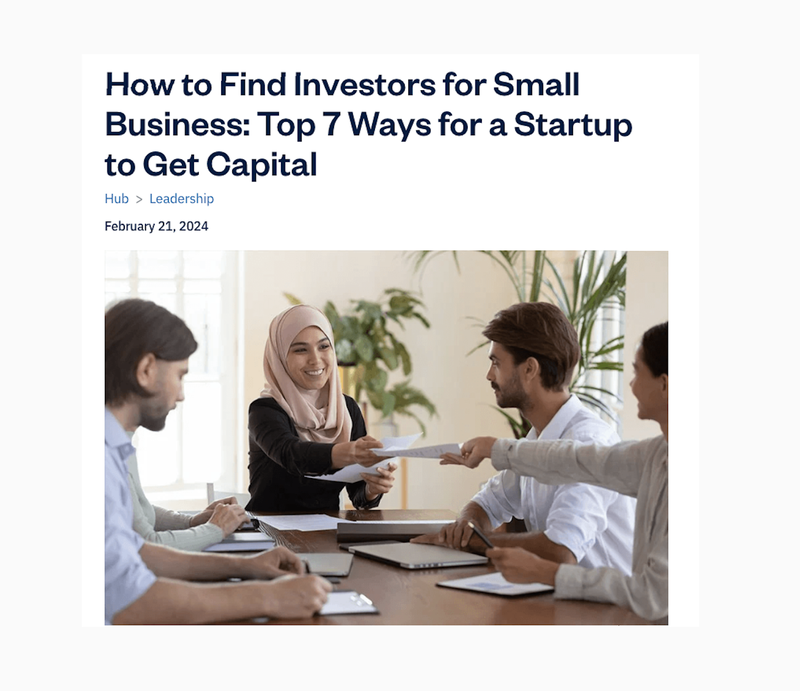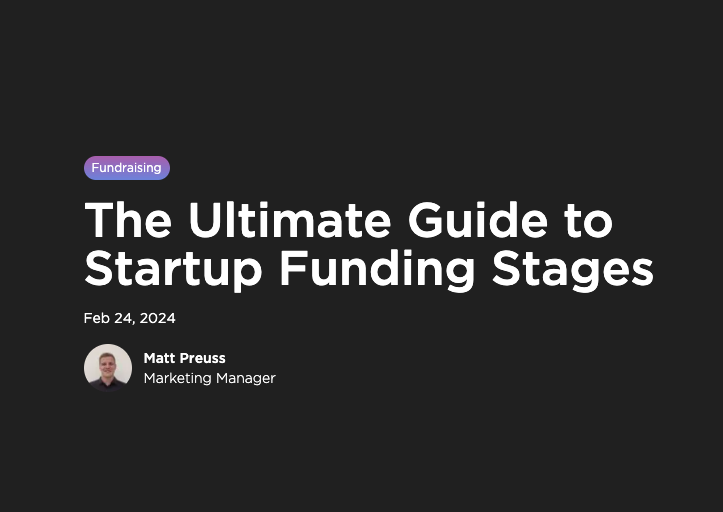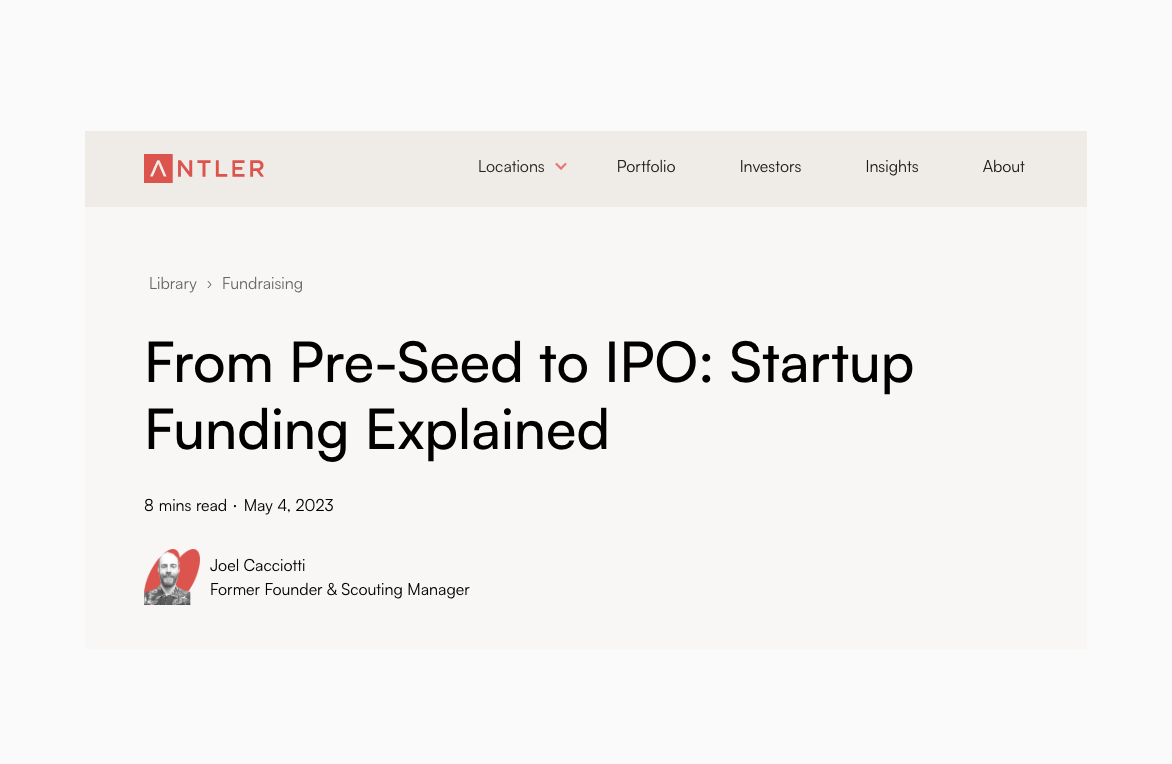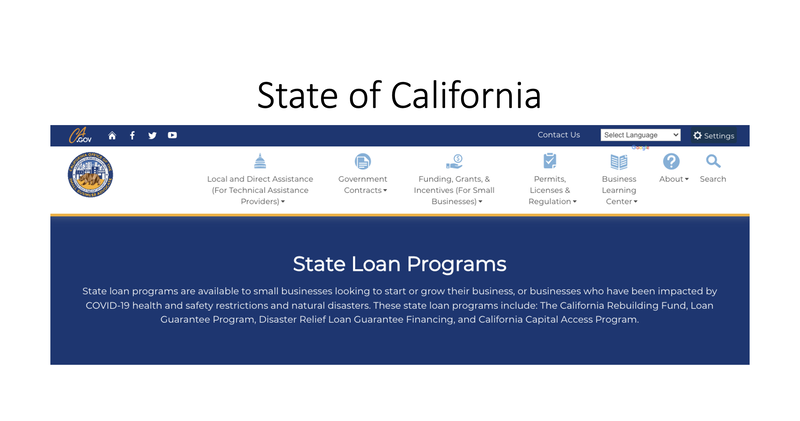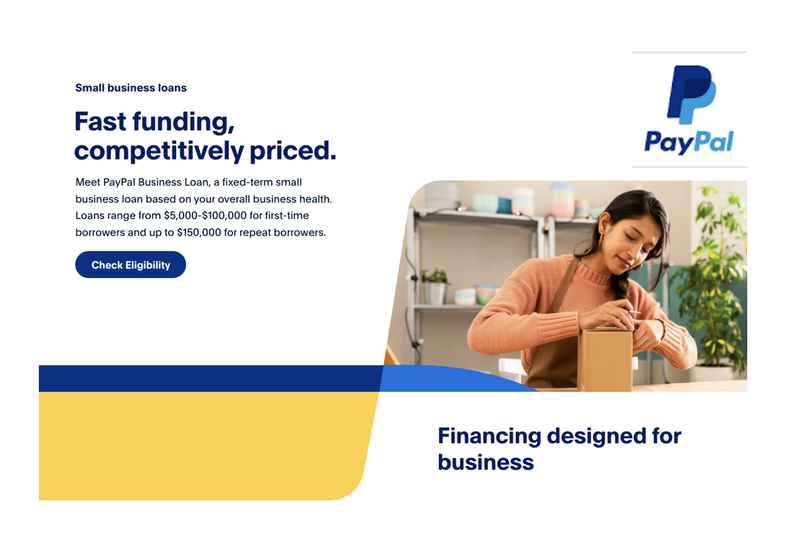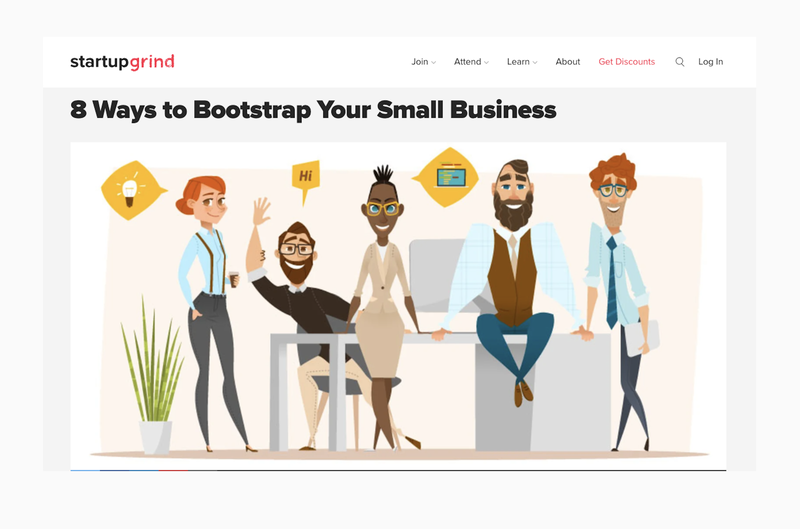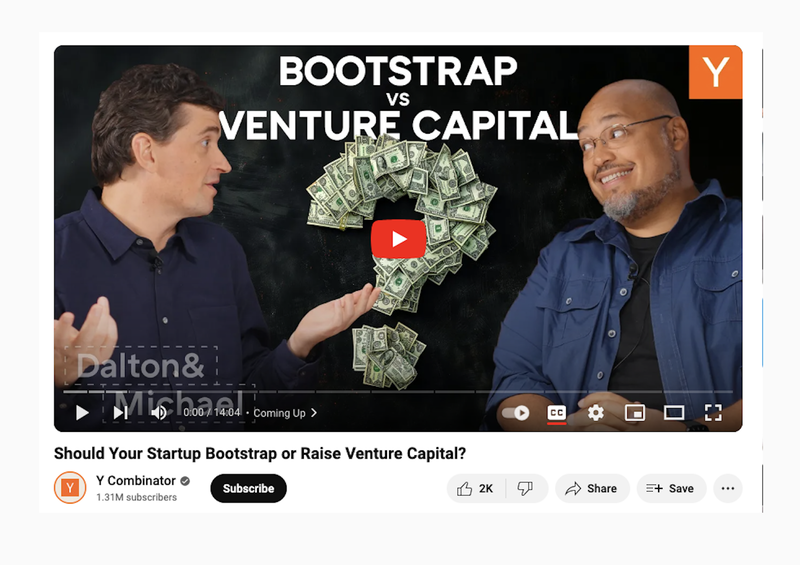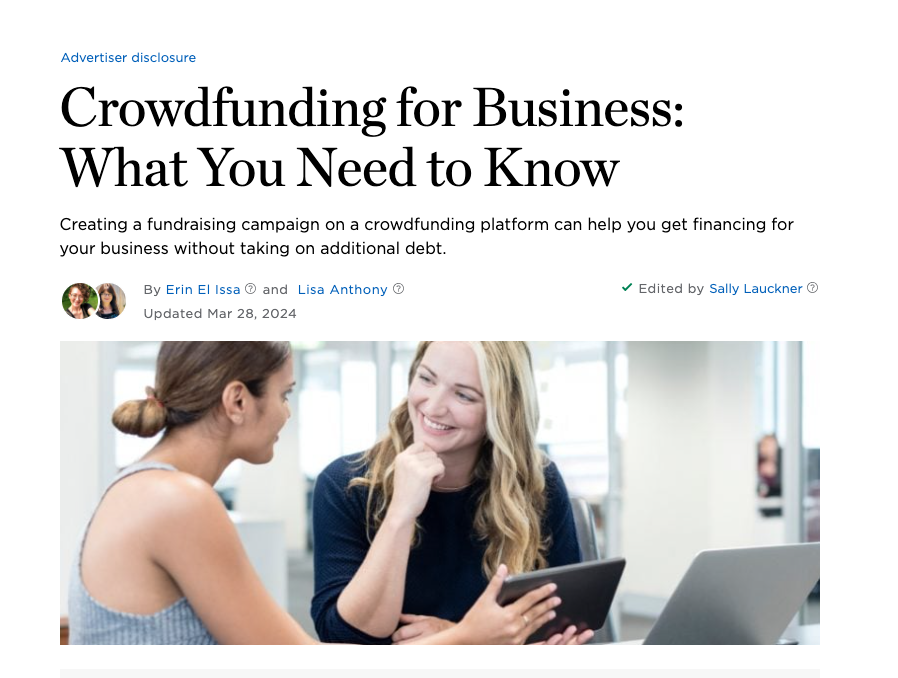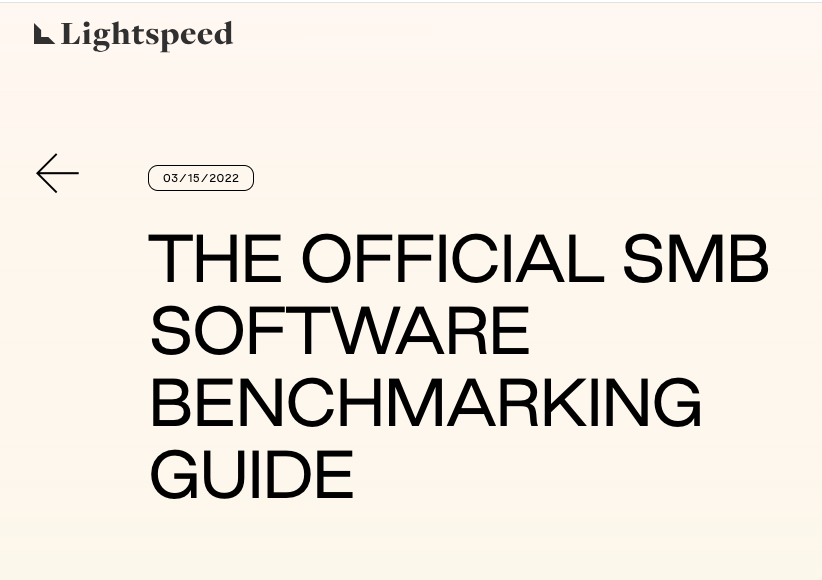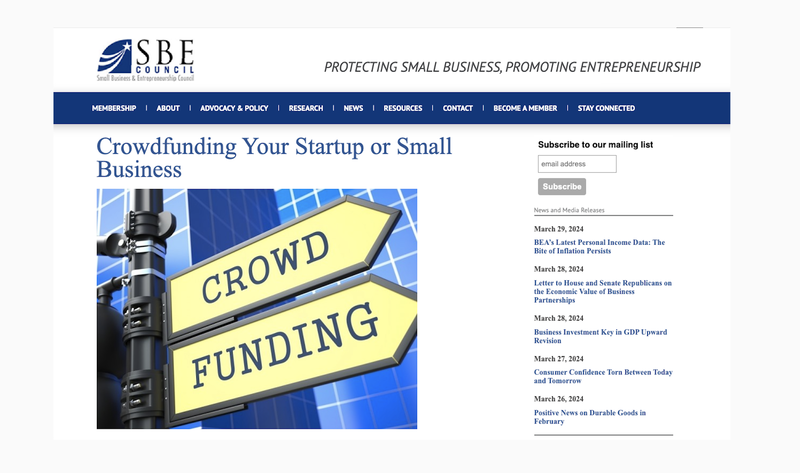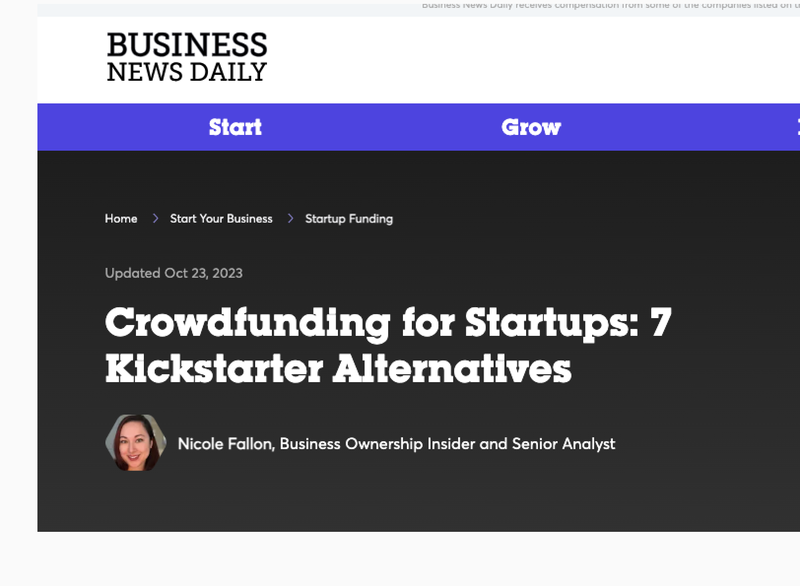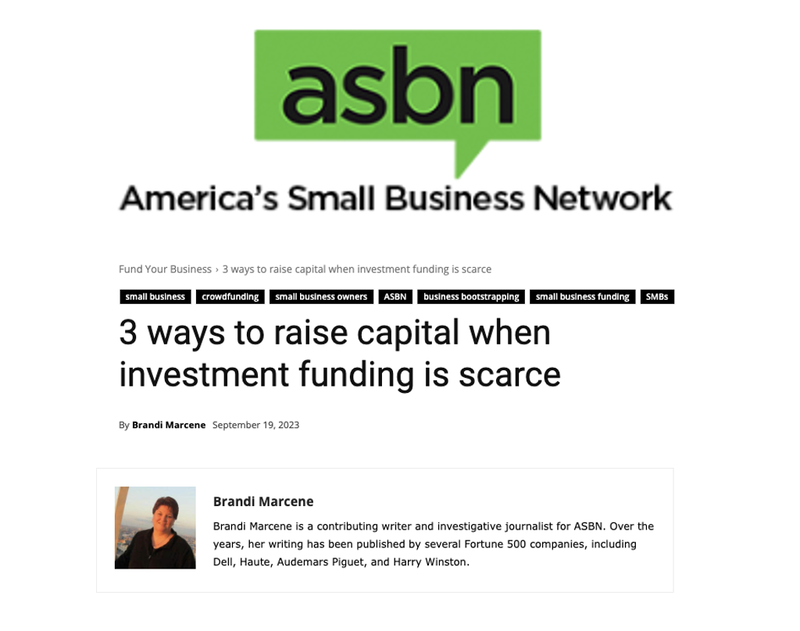The #3 Reason Why SMBs Fail?
3. Financing hurdles
Another primary reason or biggest challenge for small business failure is the lack of working capital or funding. Business owners are very well aware of the capital required to keep day-to-day operations afloat in most instances. They also should have a good understanding of paying varied and fixed overhead expenses, funding payroll, and seeing to expenses such as utilities and rent, as well as ensuring that vendors are paid timeously.
However, when small business owners fail to realize the amount of revenue generated by the sale of products and services in relation to the number of expenses that need to go out that the oversight leads to financing mistakes that force a small business to close practically overnight.
Another primary reason or biggest challenge for small business failure is the lack of working capital or funding. Business owners are very well aware of the capital required to keep day-to-day operations afloat in most instances. They also should have a good understanding of paying varied and fixed overhead expenses, funding payroll, and seeing to expenses such as utilities and rent, as well as ensuring that vendors are paid timeously.
However, when small business owners fail to realize the amount of revenue generated by the sale of products and services in relation to the number of expenses that need to go out that the oversight leads to financing mistakes that force a small business to close practically overnight.
Visit Ohana's Finance Statistics Page
Small businesses often need capital to grow. This funding can come from a variety of sources. Before you seek out funds, you should have a solid business plan and a clear outline of how you plan to use the money.
You’ll also need to know how you’ll pay it back and why your business is a good risk for investors. You might have a great idea, but investors will want to know about the company’s management so they can have confidence in the business plan and the people behind it.
How do you determine the best funding options to expand your business? Here are 7 funding sources and what you need to consider for each.
You’ll also need to know how you’ll pay it back and why your business is a good risk for investors. You might have a great idea, but investors will want to know about the company’s management so they can have confidence in the business plan and the people behind it.
How do you determine the best funding options to expand your business? Here are 7 funding sources and what you need to consider for each.
- Bootstrapping-The funding source to start with is yourself. Can you tap your savings to start your business so you can keep all the profits and company ownership? Sometimes that’s not possible and you’ll need to look elsewhere.
- Loans from friends and familySometimes friends or family members will provide loans. This approach could possibly become negative if they lose money on the investment. However, if the business succeeds, there can be a stronger bond formed.
- Credit cards-Credit cards are usually the easiest option for getting money, but they come with a high cost for the capital, since credit card interest rates tend to be high. "The good news is that they’re flexible," says Rachel Alexander, a small-business consultant. "You don't have to justify what you're going to spend the money on."
The amount you can obtain is based on your credit limit, which is probably less than you’d get from a bank or other loan type. Credit cards are a good source of capital for small-scale revolving needs, and for entrepreneurs who want to retain ownership and control of the company. - Crowdfunding sites -Online crowdfunding sites have become popular in the past few years. They’re usually used to help businesses raise money to launch a specific product. Crowdfunding can be time consuming and requires putting information on the site, often with a video or photos of the product.
Crowdfunding can be a good way to pre-sell your products and get the capital to build them, but you may use a lot of the money on incentives to get people to sign up. Some crowdfunding sites only let you access the money if you meet your fundraising goal, and the site may take a percentage of earnings. - Bank loans-Getting a bank loan or line of credit can be more time consuming than using a credit card, says Alexander. When you make your case to the bank, you'll need to show that you have a history of paying back debt. The bank will want to see a business plan and financial forecast.
"Understandably, the bank needs to know they're going to get paid back," Alexander says. Banks provide several types of loans, including some through the Small Business Administration. Some loans require collateral in case you don't pay back your debt. - Angel investors-Angel investors are high-net-worth individuals who get an equity stake in return for their financing. They expect to make a profit and usually have business expertise they share with you to help your company grow. Know that angel investors may scrutinize your business plan and you'll have to build a case as to why they should invest, which isn't a bad thing, says Alexander. The vetting process for entrepreneurs should ensure that the business plan is solid.
- Venture capital-Like angel investors, venture capitalists take equity in your business in exchange for financing. Venture capital funds resemble mutual funds in that they pool money from many investors. Venture capitalists also have business expertise in the areas in which they invest and will be involved in running the business. In exchange for potentially large amounts of money, you’ll cede some control and equity.
Think about how much money you need and what you’re willing to give up in exchange for the funding. That will help you decide the best way to move forward in obtaining capital to expand your business.
Good Debt vs Bad Debt?
An interesting and novel way to view debt by billionaire real estate mogul Ken McElroy and Robert Kiyosaki, author of former #1 Best Selling book Rich Dad, Poor Dad. Ken and Robert have an eye opening conversation and share little known insights on debt while on Ken's jet.
Uploaded to YouTube on June 6, 2024.
Uploaded to YouTube on June 6, 2024.
Ohana SMB Funding Center
|
The SBA is unveiling new credit lines of up to $5 million to fund small businessesPublished Tue, Jun 4 2024 9:00 AM EDTUpdated Tue, Jun 4 2024 10:14 AM EDT
Hugh Son @hugh_son The project is part of the SBA's efforts to broaden its flagship lending program for American small businesses under Administrator Isabel Casillas Guzman. Source: CNBC KEY POINTS
|
Content courtesy of CO-, U.S. Chamber of Commerce
|
About Us: Our Story_Contact Us
Ohana Specials Technology Park Office Landing Cannabis Island Living & Style Something for You Food Court Healthy You (Coming Soon) Travel (Coming Soon) |
©2024 ohanacity.com





